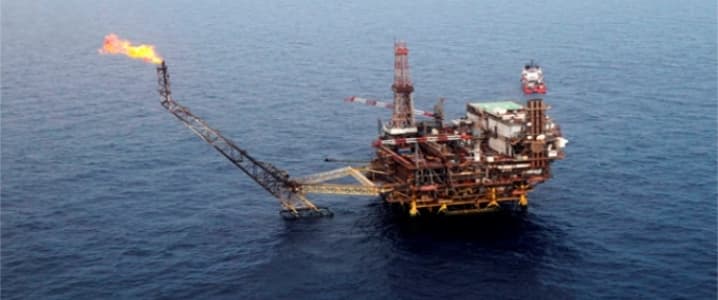The slow pace of talks between the Nigerian government and representatives from the Niger Delta—exacerbated by the impending 2019 elections—have frustrated the militants who prompted the negotiations, causing oil majors to be concerned about an impending wave of attacks on the oil and gas infrastructure in the area, a new research note from Verisk Maplecroft says.
“The fragile peace in the Niger Delta is on the cusp of breaking down again,” Malte Liewerscheidt, the consultancy’s senior Africa analyst, said. “Militant groups are running out of patience, the government is unable to deliver on its promises, the president is a ‘lame duck’, and the umbrella group negotiating on behalf of the militants shows signs of disintegration.”
The collective effect of these realities pressurizes Nigerian politics going into the 2019 elections. High-strung rhetoric from opposing parties, who either promise too much or too little to the residents of the oil-rich Niger Delta, could trigger the return of hostilities against foreign workers in the area.
An attack on the ruling All Progressives Congress’ (APC) handling of the Niger Delta militancy could go one of two ways…
The opposition could argue that it will grant the delta a larger share of oil revenues for human development than what’s currently on the table. This would discourage ongoing talks between local leaders and President Muhammadu Buhari’s administration from reaching a resolution before the elections. After all, why would the Delta want to settle now when another party could get them a much better deal in a couple of years? A decline in oil revenues will not affect a region that has not benefitted from them in the first place.
Or the competing parties could take the opposite route, arguing instead that too much is being surrendered to the delta in response to militant actions. The results of the negotiations could be construed as rewarding the delta’s bad behavior during the campaign process. If the opposition party gains a lead on the APC candidate, groups like the Niger Delta Avengers and its affiliates could begin new attacks on oil and gas infrastructure. What use is it trying to put together a revenue sharing deal if a new administration will tear it all apart?
Nigeria has boosted production steadily through 2017 due to a nine-month cessation of hostilities in the oil-rich delta. The recovery was so strong that the Organization of Petroleum Exporting Countries (OPEC) had to make Abuja agree to a 1.8 million bpd limit on output, even though the African country is technically exempt from last November’s quota agreement.
Low oil prices also contribute to government inaction. A previous push to strike a strong revenue sharing deal with the Niger Delta was scrapped back in 2009 precisely due to lack of funding. Three years of bearish markets makes it even harder for Abuja to deliver on a robust compensation package for the exploitation of the area’s natural resources. Related: Expect A Flurry Of Oil Deals In This Asian Nation
Buhari himself has made no strongman stances on preserving the peace in Nigeria via the negotiations led mostly by his vice president. The leader has spent the better part of 2017 in London, seeking treatment for undisclosed illnesses. Since returning last month, he has cancelled meetings and “worked from home,” Liewerscheidt said. Though Buhari could technically run for a second term, his health challenges and his cabinet’s willingness to nominate other candidates to lead the party suggest that he has reached figurative lame duck status.
Still, Buhari’s vice president, Yemi Osinbajo, could win the nomination, promising a steady leadership through the implementation of any revenue sharing deal with the Niger Delta. Osinbajo architected the government initiative to calm relations in the first place. He visited the delta late last year to announce the start of talks with local leaders, and has stayed at arm’s length as his policy team works out a plan to legalize makeshift refineries and provide local jobs.
The 2019 elections are a while away, but Nigeria doesn’t have an official campaigning period. Particularly charged speeches by wannabe nominees could start in a few months, just after the new year begins. Peace in Nigeria seems to be hanging by a thread.
ADVERTISEMENT
By Zainab Calcuttawala for Oilprice.com
More Top Reads From Oilprice.com:
- U.S. Shale: Water Is the New Oil
- Expect A Major Leap In U.S. Oil Exports
- 5 Big Gainers In Oil & Gas This Week


















